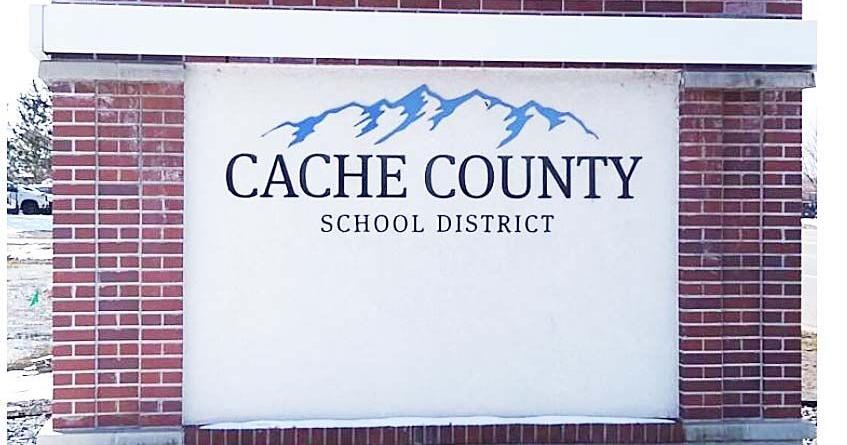SALT LAKE CITY – Four of the seven taxing entities in Cache County that had proposed property tax increases have been denied those hikes by the State Tax Commission for non-compliance with recent mandatory revisions of the Truth-in-Taxation Law.
The affected entities are the cities of Hyde Park, River Heights and Wellsville, as well as the Cache County School District. The district will be particularly hard-hit by the denial, having to forego a proposed tax hike that would have generated more than $6 million in additional revenue.
The denials were announced during a Sept. 16 hearing of the Revenue and Taxation Interim Committee of the Legislature by Jennifer Hansen, the senior director of Property and Miscellaneous Tax at the State Tax Commission.
The affected Cache County entitles are by no means alone, however.
Hansen told members of the legislative committee that a total of 81 taxing entities statewide had notified the State Tax Commission of their intent to increase property taxes for 2026, with 13 of those entities eventually reconsidering their options. Of the remaining 68 municipalities and school districts, 30 were denied their proposed hikes for failure to meet the TNT law’s new mandatory requirements for public notices and transparency.
Thanks to the Legislature passing Senate Bill 29 in 2024 and Senate Bill 202 in 2025, this is the first year that the State Tax Commission has had the authority to deny proposed tax increases. Hansen and Deanna Herring, the executive director of State Tax Commission, came to the legislative committee seeking their guidance.
But Sen. Chris Wilson – the author of both of the aforementioned bills – said that the whole point of revising the TNT law was to “put some teeth into it.”
At a Truth-in-Taxation hearing held in Cache County on Aug. 28, Cache County School Superintendent Dr. Todd McKee argued that the proposed 28 percent property tax increase was necessary because about two-thirds of the Cache district’s funding comes from state programs.
“One of these programs,” he explained in an August letter to Cache Valley Daily, “which brings nearly $40 million into our district, requires us to maintain a certain level of local property tax as a local contribution. At least every five years, districts must adjust one of their rates to maintain a certain tax level to stay eligible.”
Opponents of the proposed property tax increase suggest that explanation was disingenuous at best and the State Tax Commission apparently agreed.
The proposed tax hike would have resulted in a revenue boost of $6,242,500 for the county school district, according to a recent property evaluation and tax change notice by the county’s auditor. The amount of the district tax increase on a typical home with a market value of about $450,000 would be about $130 annually.
“The average family in Cache County survives on about $67,000 a year,“ tax increase critic Stephen Surganavich countered. “The superintendent pockets more than $300,000. Deputies and directors make over $200,000. Classified administrators who never enter a classroom average nearly $150,000, with some approaching $190,000. Meanwhile, teachers are reduced to sending home ‘wish lists’ begging parents to provide markers, pencils and tissues.”
Other districts apparently being impacted by the tightening of TNT rules include those in Tooele and Box Elder counties as well as the Granite School District in Salt Lake County.
Billy Hesterman, the president of the Utah Taxpayers Association, joined Wilson in defending the recent changes to the tax law at the Sept. 16 hearing in Salt Lake City.
If taxing entities are no longer required to print notices of their Truth-in-Taxation hearing in non-existent local newspapers, he said, other public notices and transparency requirements should be mandated.
At the same hearing, Wilson acknowledged that he will likely introduce legislation aimed at further clarifying the TNT law in the next session of the Utah Legislature.

